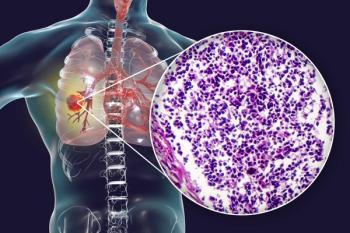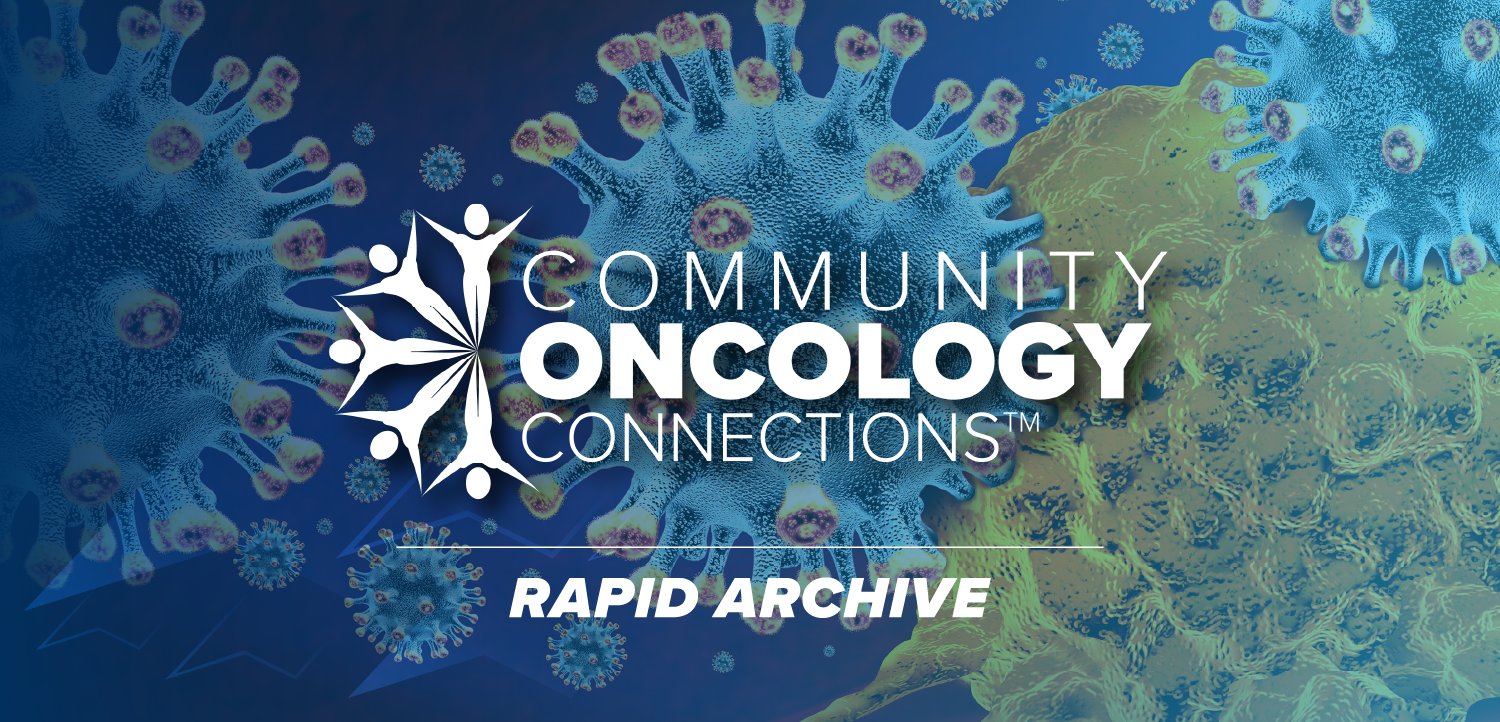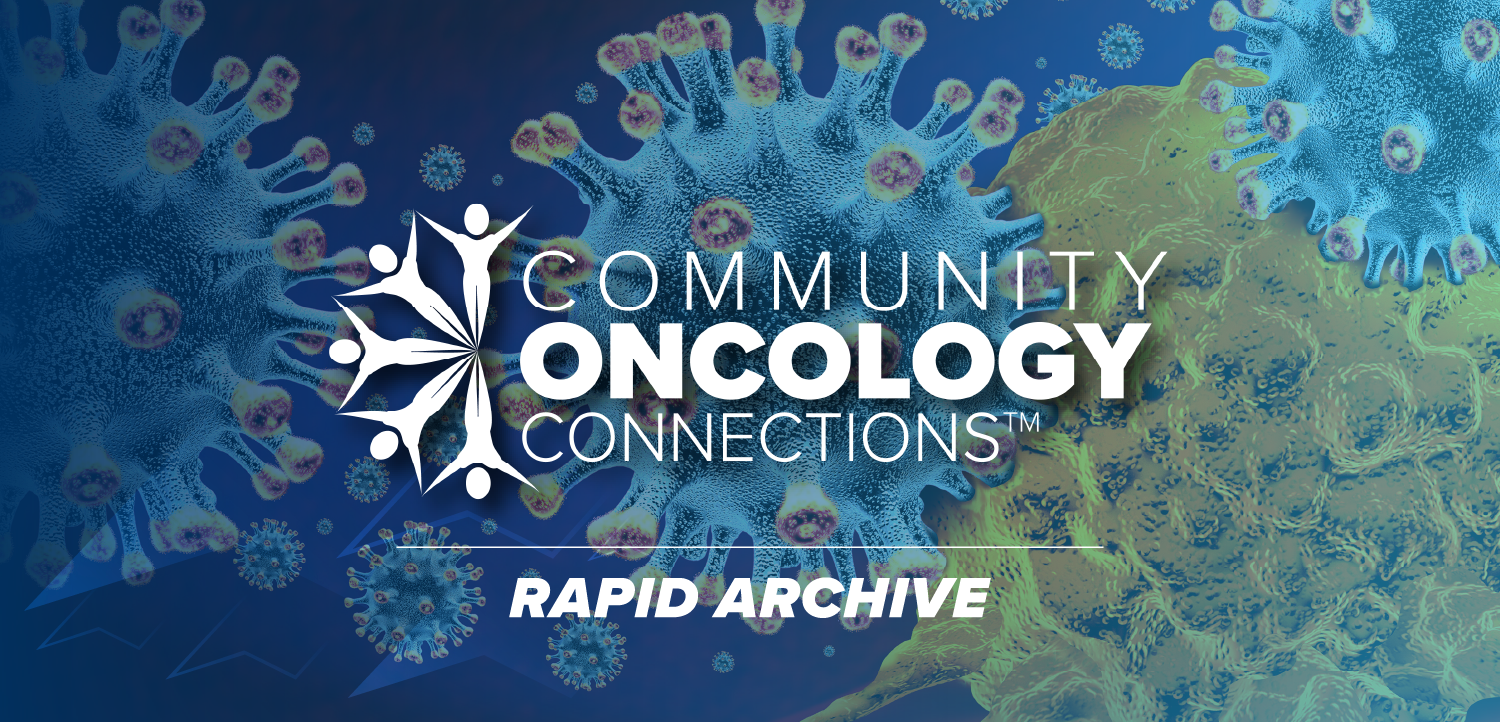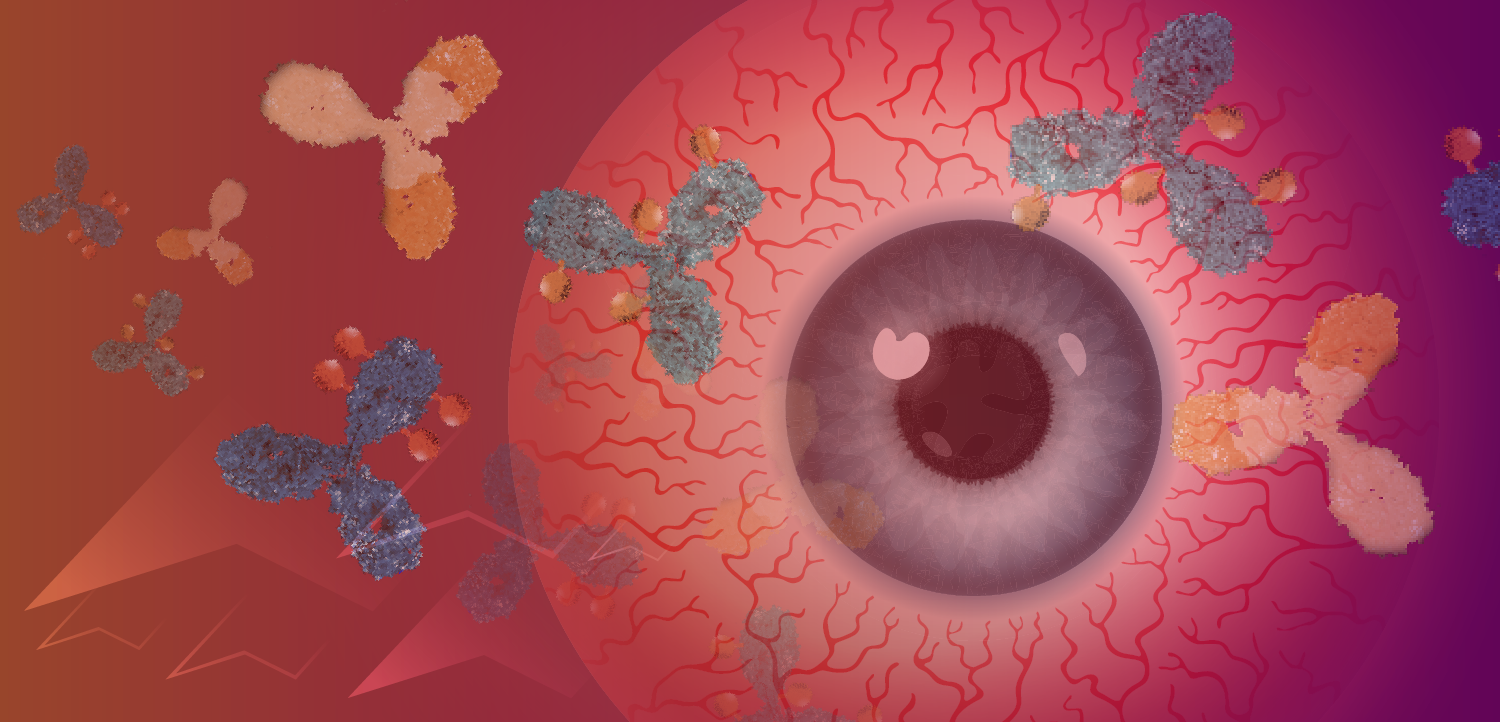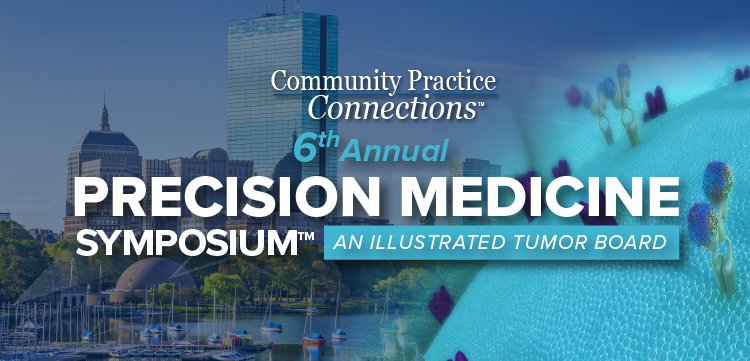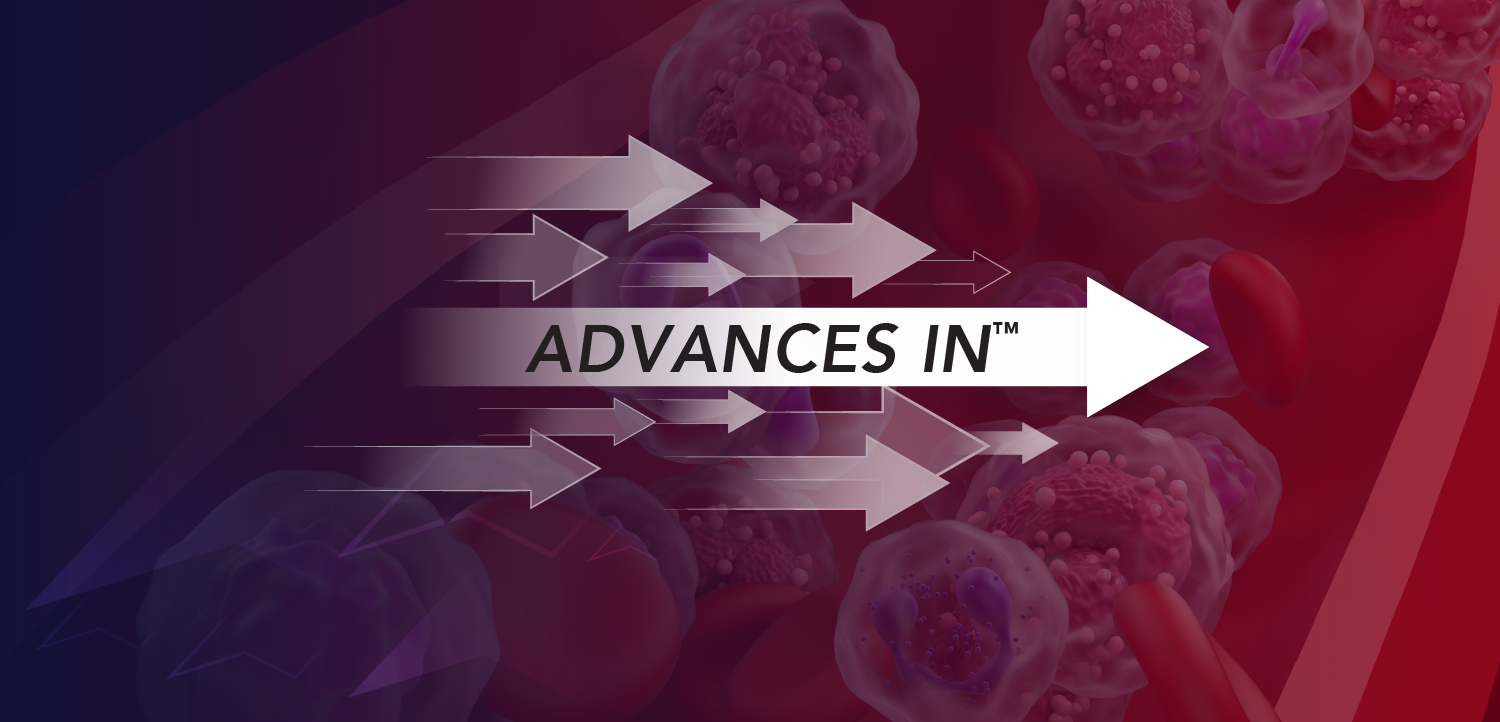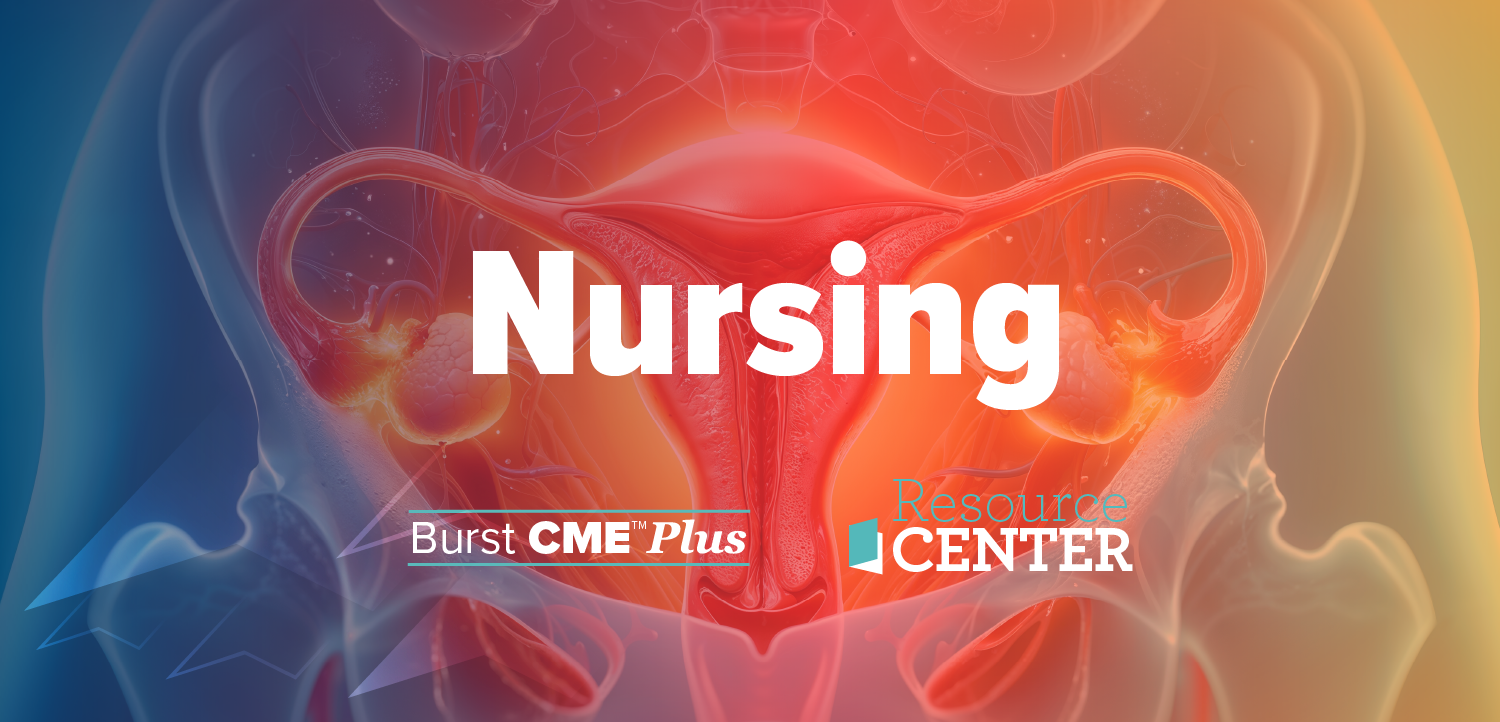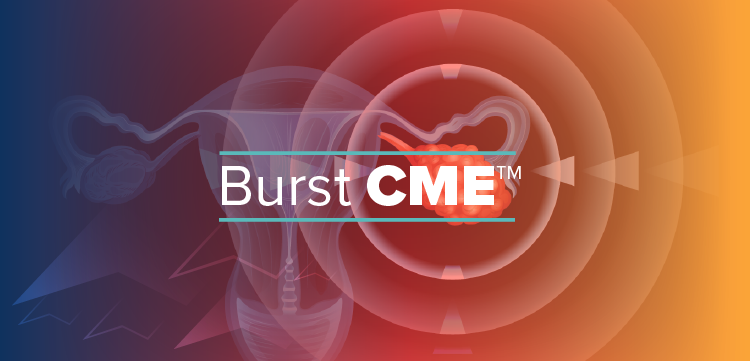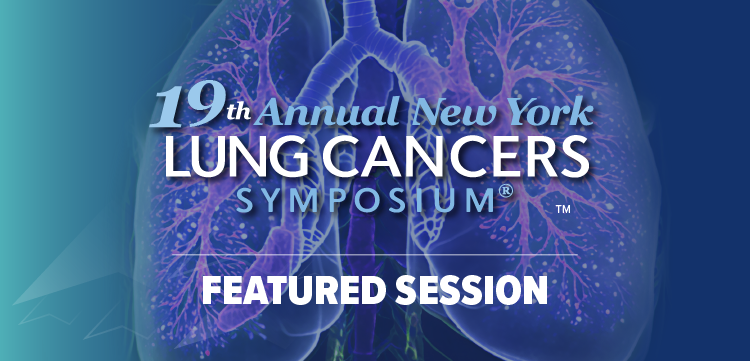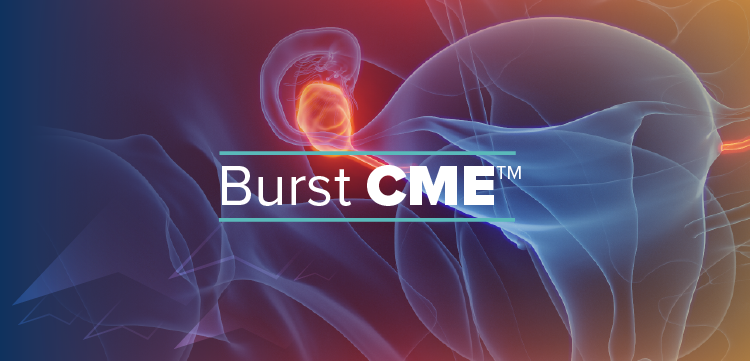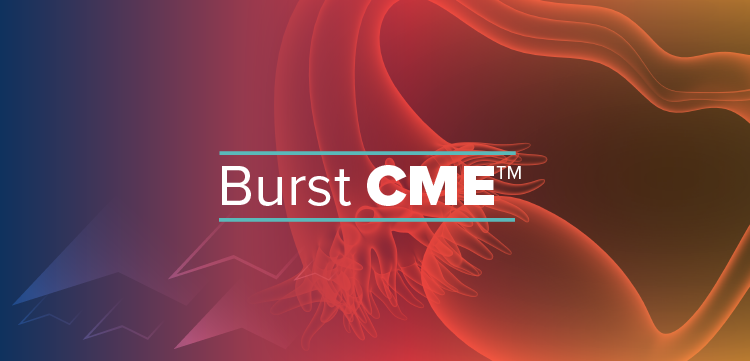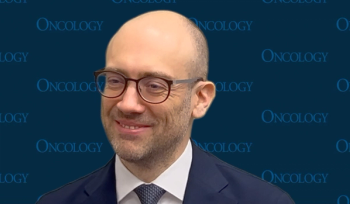
Mounzer Agha, MD, Reviews the Safety Profile of Ciltacabtagene Autoleucel in Multiple Myeloma
During a discussion at ASCO 2021, Mounzer Agha, MD, talked about mitigation strategies used by the investigators from the CARTITUDE-2 trial to prevent cognitive and neuro-movement disorders commonly associated with CAR T-cell therapy.
Mounzer Agha, MD, of the University of Pittsburgh School of Medicine Hillman Cancer Center, spoke with CancerNetwork® and detailed the encouraging safety profile reported from the
Some of the strategies for reducing neurologic adverse events included use of more effective bridging therapy, frequent assessment of CAR T-cell–related immune effector cell-associated neurotoxicity syndrome, and handwriting assignments to detectmicrographia, among others.2
Transcription:
The most important thing I’d really like to emphasize is that in CARTITUDE-2, we showed an excellent safety profile.1 So, unlike with
Reference
1. Agha ME, Cohen AD, Madduri D, et al. CARTITUDE-2: Efficacy and safety of ciltacabtagene autoleucel (cilta-cel), a BCMA-directed CAR T-cell therapy, in patients with progressive multiple myeloma (MM) after one to three prior lines of therapy. J Clin Oncol. 2021;39(suppl 15):8013. doi:10.1200/JCO.2021.39.15_suppl.8013
2. Einsele H, Parekh SS, Madduri D, et al. Incidence, mitigation, and management of neurologic adverse events in patients with multiple myeloma (MM) treated with ciltacabtagene autoleucel (cilta-cel) in CARTITUDE-2. J Clin Oncol. 2021;39(suppl 15):8028. doi:10.1200/JCO.2021.39.15_suppl.8028
3. Usmani SZ, Berdeja JG, Madduri D, et al. Ciltacabtagene autoleucel, a B-cell maturation antigen (BCMA)-directed chimeric antigen receptor T-cell (CAR-T) therapy, in relapsed/refractory multiple myeloma (R/R MM): Updated results from CARTITUDE-1. J Clin Oncol. 2021,39(suppl 15; abstr 8005). doi:10.1200/JCO.2021.39.15_suppl.8005
Newsletter
Stay up to date on recent advances in the multidisciplinary approach to cancer.




